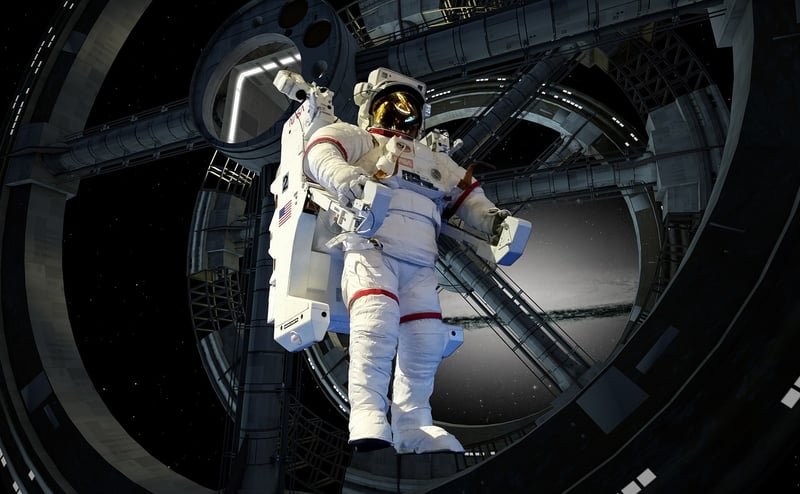Future Discoveries
Exploring Time Periods and Future Discoveries
Introduction
Time has been a subject of fascination for humans since ancient times. From the concept of eternity to the modern theories of relativity, our understanding of time has evolved over millennia. In this article, we will delve into various time periods and explore the possibilities of future discoveries.
Ancient Timekeeping
Ancient civilizations used various methods to keep track of time. The Egyptians relied on sundials, while the Greeks developed water clocks. These early timekeeping devices paved the way for the sophisticated clocks and watches we use today.
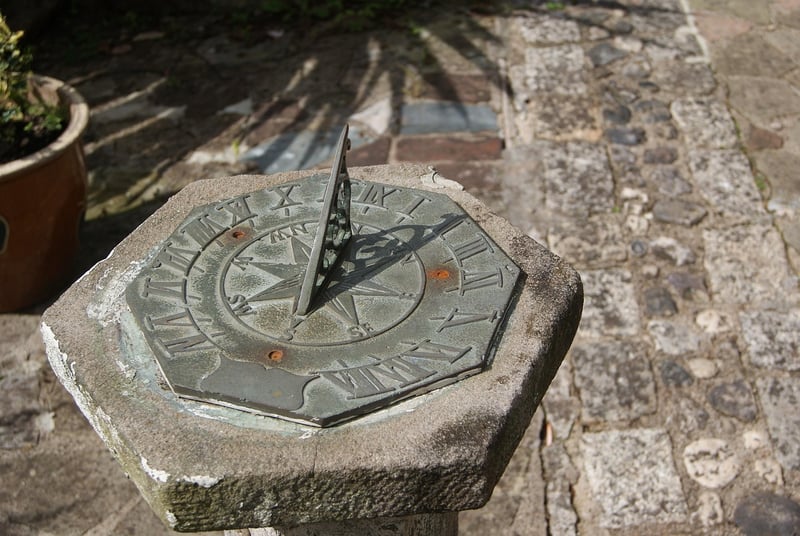
The Middle Ages
During the Middle Ages, mechanical clocks became more prevalent in European monasteries and towns. The invention of the mechanical clock revolutionized timekeeping and laid the foundation for precise time measurement.
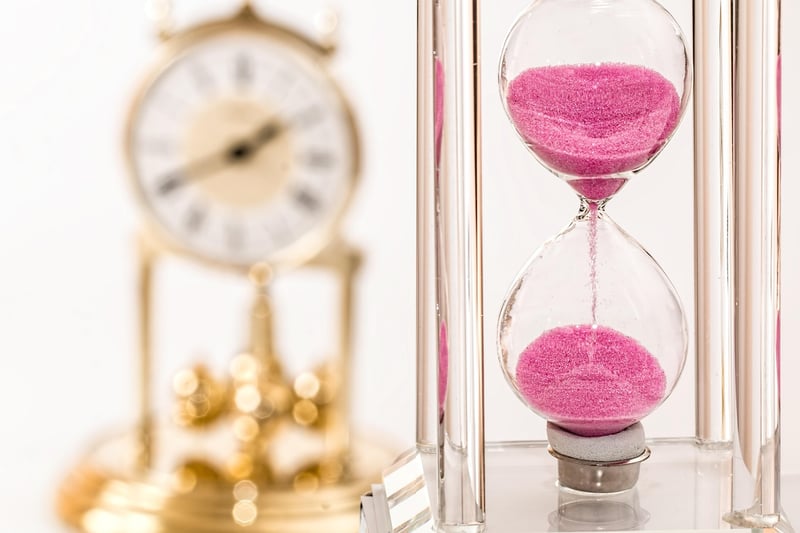
The Industrial Revolution
The Industrial Revolution brought about mass production and technological advancements, including more accurate and affordable timepieces. This period marked a significant leap in the accessibility of accurate timekeeping for the general population.
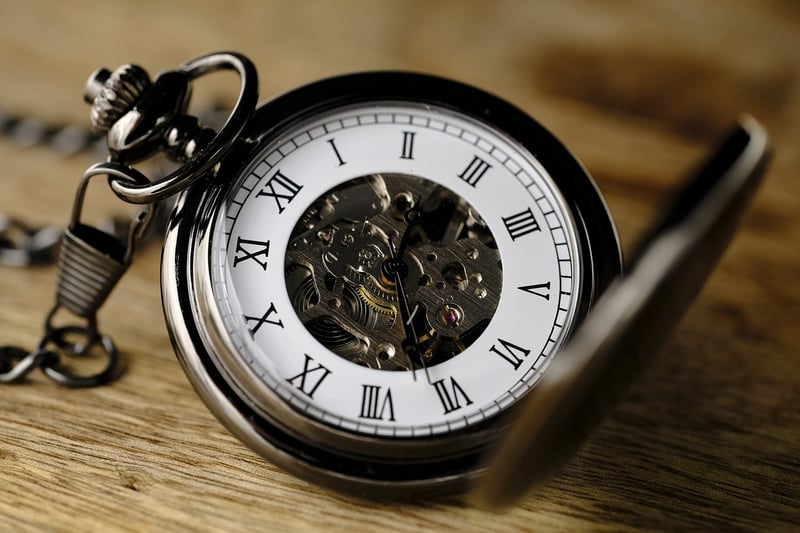
Modern Times
Today, we have atomic clocks that are incredibly precise, losing only a second every few million years. These atomic clocks form the basis for technologies like GPS and are crucial in various scientific endeavors.
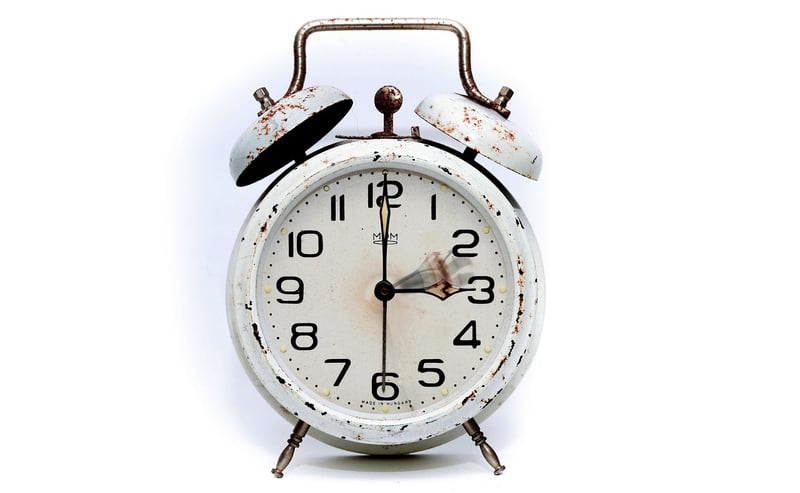
Future Discoveries
As technology advances, our understanding of time is likely to deepen. Scientists are exploring concepts like time dilation, parallel universes, and the possibility of time travel. The future holds exciting prospects for unraveling the mysteries of time.
Conclusion
Time is a fundamental aspect of our existence, shaping the way we perceive the world around us. By exploring different time periods and embracing future discoveries, we continue to expand our knowledge and push the boundaries of what is possible.
